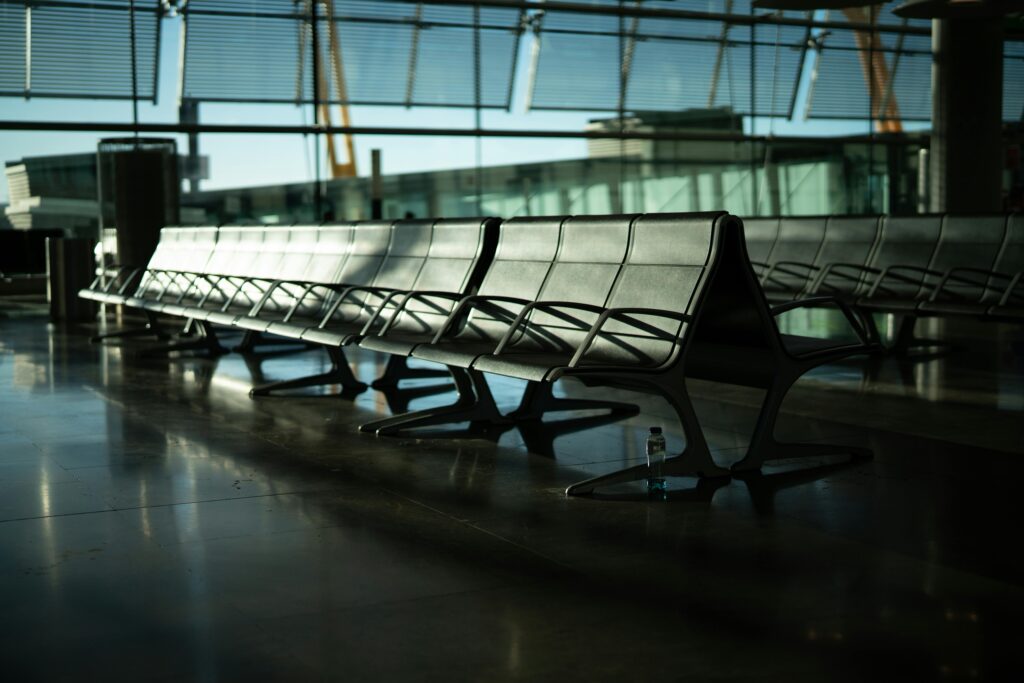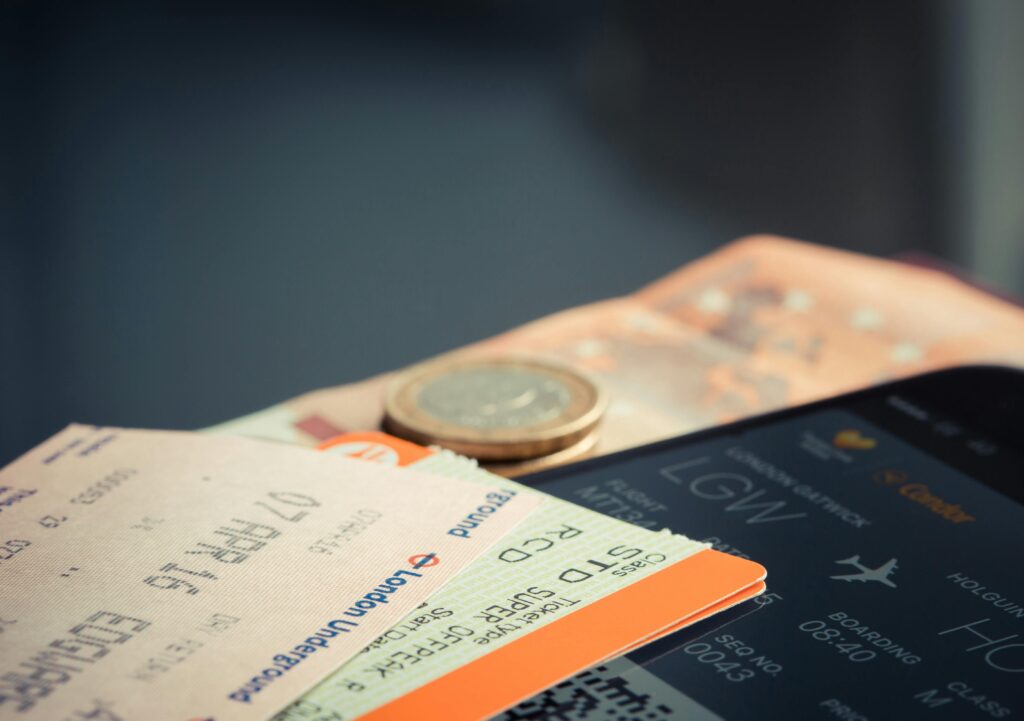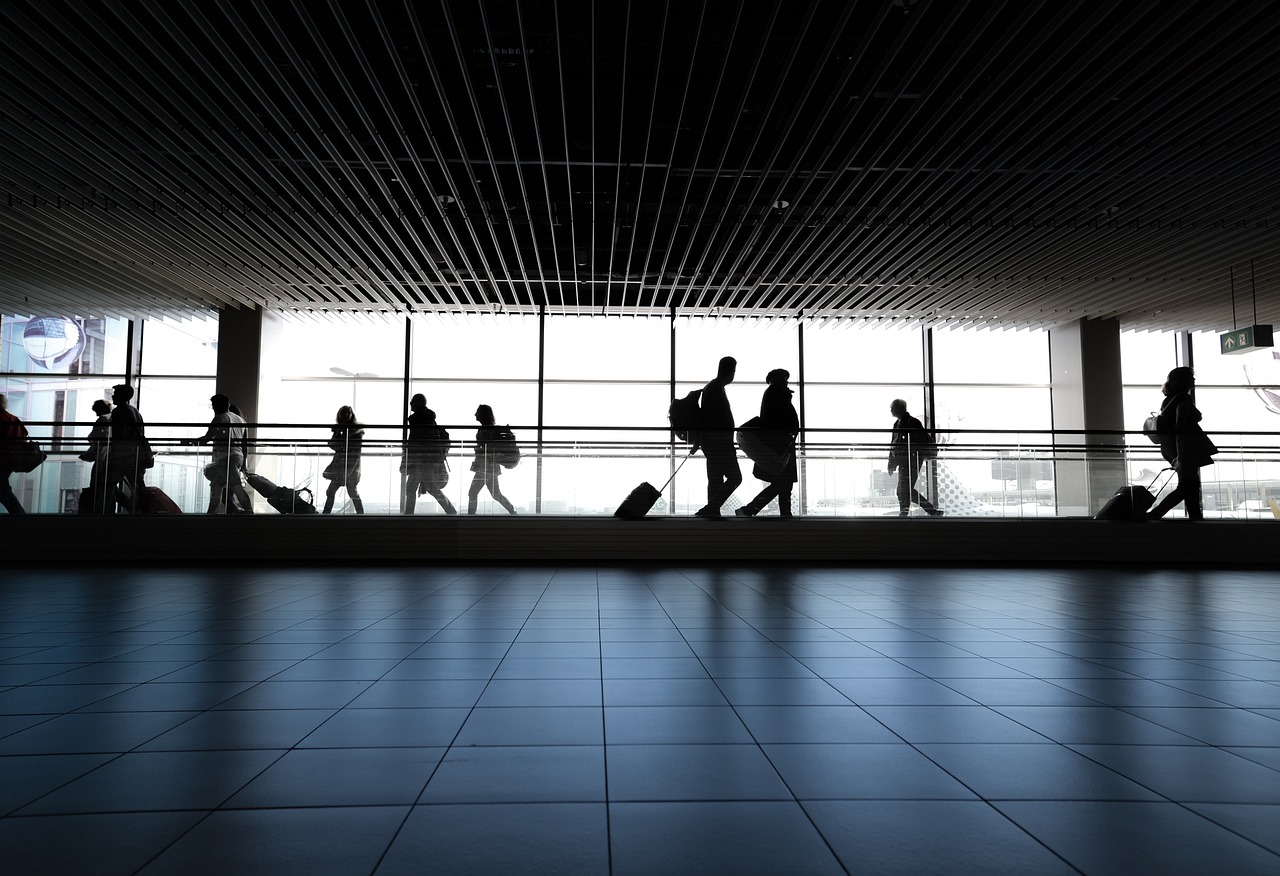On November 22, 2024, London’s Gatwick Airport experienced a major disruption as the South Terminal was evacuated due to a suspected security threat. The incident caused significant delays for travelers, widespread cancellations, and a ripple effect throughout the aviation industry. Here’s everything you need to know about the event, its impact, and what it means for passengers.

The Incident: What Triggered the Evacuation?
Early in the morning, around 8:20 AM, a suspected prohibited item was discovered in luggage during routine security checks at Gatwick’s South Terminal. As a precaution, Sussex Police ordered an immediate evacuation, while an Explosive Ordnance Disposal (EOD) team was brought in to investigate the item.
During the evacuation, operations in the terminal came to a standstill, leaving passengers stranded without access to check-in counters or security clearance. The incident created an atmosphere of confusion as authorities worked to secure the area.
The Impact on Travelers
The South Terminal’s closure caused a domino effect of delays and cancellations:
- Flights Affected: Over 120,000 passengers were impacted as approximately 316 departures and 318 arrivals were scheduled for the day.
- Outside in the Cold: Passengers were evacuated to outdoor holding areas, with some left waiting for hours in near-freezing temperatures.
- Confusion and Communication Gaps: Many travelers expressed frustration over the lack of timely updates from airport staff.
Despite these challenges, authorities prioritized safety, ensuring the terminal was thoroughly assessed before reopening.

Resolution: Safe, but Not Without Disruption
By mid-afternoon, Sussex Police declared the situation resolved. The suspicious item was deemed safe, and two individuals detained for questioning were released without charges. Flights eventually resumed, but the delays caused a ripple effect throughout the day, leaving many passengers rebooking or stranded.
A Parallel Incident in London
Adding to the tension, a separate security alert occurred near the U.S. Embassy in Nine Elms, London, on the same day. The Metropolitan Police conducted a controlled explosion on a suspicious package, later identified as a hoax. While the timing of these incidents raised concerns, authorities found no evidence of a connection.
Passenger Rights: What Are You Entitled To?
If you were affected by the disruptions at Gatwick, here’s what you should know:
- Refund or Rebooking: Airlines are required to offer a full refund or alternative flights, including bookings with rival carriers.
- Support During Delays: If you opt for a replacement flight, airlines must provide meals, communication access, and accommodation if needed.
- Compensation?: Security-related incidents are outside the airline’s control, meaning passengers are unlikely to receive financial compensation for delays or cancellations.

FAQs: Your Top Questions Answered
1. Why was Gatwick’s South Terminal evacuated?
A suspected prohibited item was found in luggage during security checks, triggering the evacuation as a precaution.
2. How long was the terminal closed?
The South Terminal was closed for several hours in the morning, reopening by mid-afternoon.
3. Were flights delayed or canceled?
Yes, over 120,000 passengers were affected by delays and cancellations.
4. Can passengers claim compensation for the disruptions?
While refunds and alternative flights are guaranteed, compensation for delays depends on the cause. Security incidents typically don’t qualify for compensation.
5. Was the incident linked to the U.S. Embassy alert?
No. Authorities confirmed there was no connection between the two events.
What’s Next for Gatwick?
This incident highlights the critical importance of maintaining robust security protocols at major transportation hubs. While the quick response ensured safety, it also underscores the need for better communication with passengers during emergencies.
For those caught in the chaos, the experience serves as a reminder of the unpredictability of travel and the importance of understanding passenger rights.
Sources The Guardian


